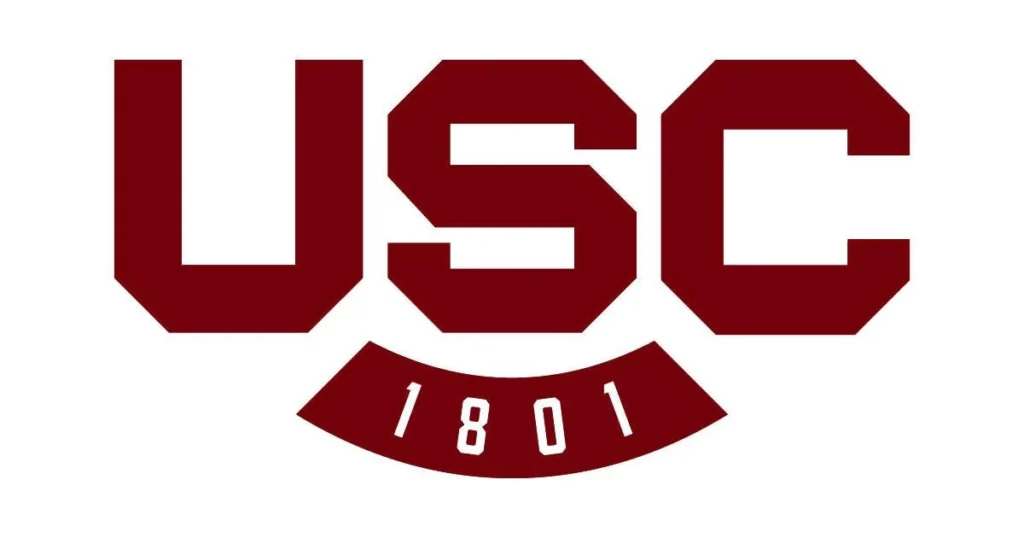Authors
Roudy Wehbe, Christopher Sacco. Anis Baz Radwan, Mazen Albazzan, Ramy Harik
Journal
Composites Part C: Open Access, 2, 100036.
Abstract
Automated Fiber Placement (AFP) is a flexible manufacturing technique which allows the manufacturing of com- plex layups where steered paths are necessary to achieve the surface coverage. However, steering tows using the AFP process introduces challenges in terms of quality and productivity due to steering induced defects. The qual- ity of AFP layup is highly dependent on the geometry and the curvature of the path as well as the manufacturing process parameters such as layup temperature, head speed and compaction force. Understanding how these pa- rameters affect the process is important to achieve the desirable quality of the final part. In this paper, several paths are steered at different radii of curvature (1270, 635 and 318 mm) on a cylindrical tool using different combinations of process parameters. The quality of the obtained layup is assessed through image processing of acquired profilometry scans. In-plane tow displacement and out-of-plane tow deformations are captured over the length of each placed course. Using numerical techniques, the defect occurrence is correlated to the input process parameters. Results show that the path curvature is the main feature driving defect formation. The remaining process parameters are ranked according to their influence.
Keywords
automated fiber placement, fiber steering, process parameters, inspection, AFP defects
Citation
7. Roudy Wehbe, Christopher Sacco, Anis Baz Radwan, Mazen Albazzan, & Ramy Harik. (2020). Influence of Process Parameters in AFP Fiber Steering on Cylinders: Constant Curvature Paths. Composites Part C: Open Access, 2, 100036. doi:https://doi.org/10.1016/j.jcomc.2020.100036.
Link: https://doi.org/10.1016/j.jcomc.2020.100036
Documents


